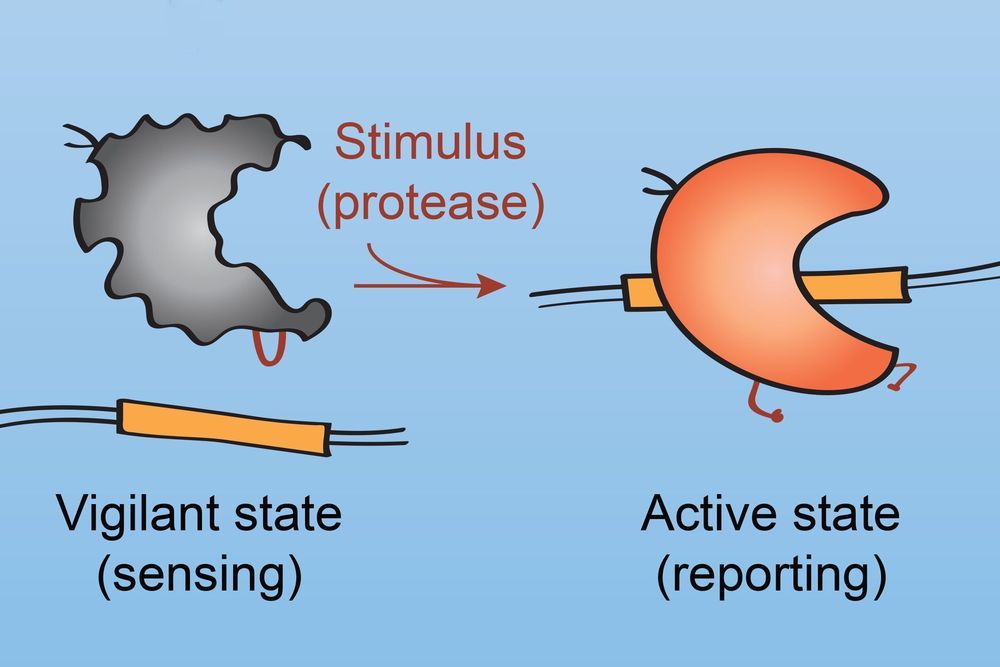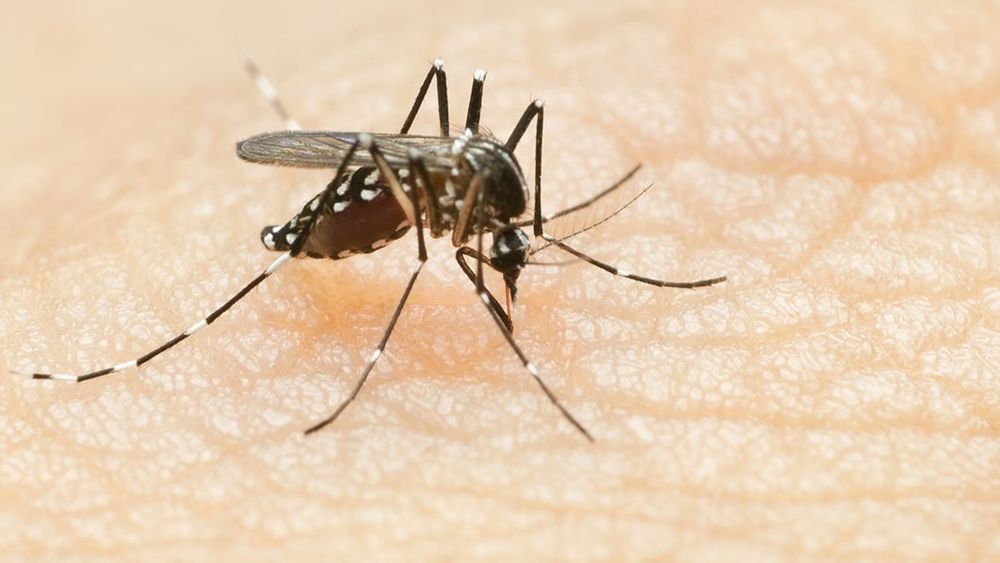Page 9163
Jan 10, 2019
Laser triggers electrical activity in thunderstorm for the first time
Posted by Genevieve Klien in category: climatology
A team of European scientists has deliberately triggered electrical activity in thunderclouds for the first time, according to a new paper in the latest issue of Optics Express, the Optical Society’s (OSA) open-access journal. They did this by aiming high-power pulses of laser light into a thunderstorm.
Jan 10, 2019
New strategy may curtail spread of antibiotic resistance
Posted by Genevieve Klien in category: biotech/medical
Spotless surfaces in hospitals can hide bacteria that rarely cause problems for healthy people but pose a serious threat to people with weakened immune systems. Acinetobacter baumannii causes life-threatening lung and bloodstream infections in hospitalized people. Such infections are among the most difficult to treat because these bacteria have evolved to withstand most antibiotics.
Jan 10, 2019
Machine learning leads mathematicians to unsolvable problem
Posted by Sean Cusack in categories: mathematics, robotics/AI
AI researchers connect machine learning to Godel’s Incompleteness Theorem via a finding of unLearnability.
Simple artificial-intelligence problem puts researchers up against a logical paradox discovered by famed mathematician Kurt Gödel.
Jan 10, 2019
“Drug Sponge” Sits in Veins During Chemo to Minimize Side Effects
Posted by Genevieve Klien in category: biotech/medical
Jan 10, 2019
Making Superhumans Through Radical Inclusion and Cognitive Ergonomics
Posted by Genevieve Klien in categories: information science, robotics/AI
These dated interfaces are not equipped to handle today’s exponential rise in data, which has been ushered in by the rapid dematerialization of many physical products into computers and software.
Breakthroughs in perceptual and cognitive computing, especially machine learning algorithms, are enabling technology to process vast volumes of data, and in doing so, they are dramatically amplifying our brain’s abilities. Yet even with these powerful technologies that at times make us feel superhuman, the interfaces are still crippled with poor ergonomics.
Many interfaces are still designed around the concept that human interaction with technology is secondary, not instantaneous. This means that any time someone uses technology, they are inevitably multitasking, because they must simultaneously perform a task and operate the technology.
Continue reading “Making Superhumans Through Radical Inclusion and Cognitive Ergonomics” »
Jan 10, 2019
It’s official: SpaceX’s first commercial crew test flight delayed until February
Posted by Genevieve Klien in category: space travel
[p]NASA has officially postponed SpaceX’s first test flight of the commercial crew program to February or later so that officials can complete “hardware testing and joint reviews.”[/p].
Jan 10, 2019
Elon Musk Says Next-Gen Tesla Roadster Will Hover in the Air Using SpaceX Tech
Posted by Genevieve Klien in categories: Elon Musk, space travel, sustainability
The feature will be part of a SpaceX add-on package that uses thrusters to aid in acceleration and cornering.
Jan 10, 2019
Scientists Could Soon Develop ‘Mosquito Birth Control’ to Prevent Diseases
Posted by Genevieve Klien in category: biotech/medical
Mosquitoes are some of the deadliest creatures on Earth. Now, scientists have taken a major step toward developing a “mosquito birth control” drug that can help prevent diseases responsible for several million human deaths annually around the world.
Researchers at the University of Arizona (UA) discovered a protein in mosquitoes that is critical to the insects’ process of producing viable eggs. When researchers selectively blocked the activity of the protein in female mosquitoes, the mosquitoes laid eggs with defective egg shells, leading to the death of the embryos inside.
In a report published in the open access journal PLoS Biology on Tuesday, the researchers said the protein — which they named Eggshell Organizing Factor 1, or EOF-1 — exists only in mosquitoes, so any drug developed to control mosquito populations would not affect other organisms, such as beneficial honey bees.
Continue reading “Scientists Could Soon Develop ‘Mosquito Birth Control’ to Prevent Diseases” »


















